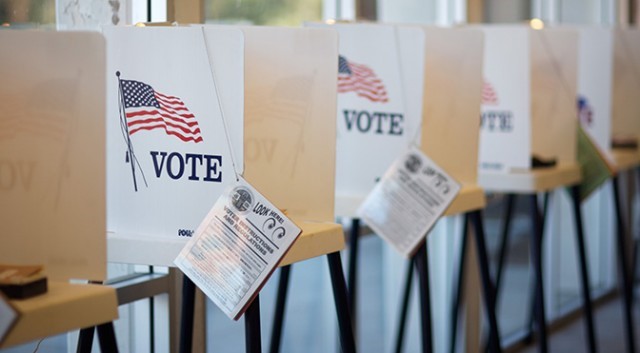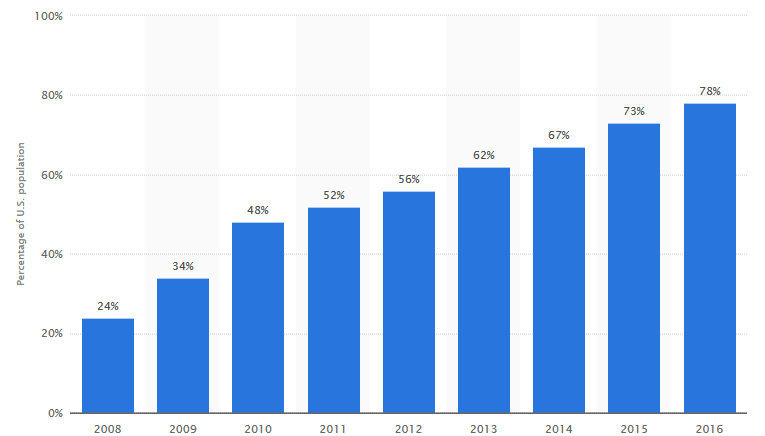
As polls showed a Hillary Clinton lead over Donald Trump in the weeks leading up to the presidential election, AI held a different opinion, predicting that a Trump victory was imminent. The AI, MogIA, predicted every presidential election since 2004, including the 2016 election, as it turned out.
MogIA makes its predictions by analyzing big data — 20 million data points, to be specific — sourced from content on online public platforms like Google, YouTube, and Twitter to decipher patterns in human behavior. The AI was developed in 2004 by Sanjiv Rai, founder of the Indian start-up Genic.ai; it has since grown increasingly accurate, continually sourcing information over the last 12 years.
“While most algorithms suffer from programmers'/developers' biases, MoglA aims at learning from her environment, developing her own rules at the policy layer and develop expert systems without discarding any data,”
Increased social media use over the last few years have significantly impacted the AI’s data pool, adding vast troves of information that did not previously exist. Today, MogIA takes into account engagement with tweets or Facebook Live videos. It found that Trump surpassed President Obama’s peak engagement numbers in 2008, the year he was elected, by a 25% margin.
At the same time, U.S. social media consumption increased by 54% between 2008 and 2015, according to Statista.

Nearly three times as many U.S. adults have social media profiles in 2016 than in 2008.
Still, the AI system found that election results historically favored the candidate with the highest leading engagement data. “If Trump loses, it will defy the data trend for the first time in the last 12 years since internet engagement began in full earnest,” Rai wrote in a report sent to CNBC. Rai admits that MogIA can’t always assess whether posts are positive or negative in tone; engaging a Trump Twitter hashtag doesn’t necessary concede support.
“If you look at the primaries, there were immense amounts of negative conversations that happened with regards to Trump. However, when these conversations started picking up pace, in the final days, it meant a huge game was opening for Trump, and he won the primaries by a good margin,” Rai told CNBC in a phone interview.
Raj’s experiment is not the first to suggest that big data sourced from social media paints a more accurate picture than traditional polling. Last month, Nick Beauchamp, an assistant professor of political science at Northeastern University, published a paper outlining an experiment applying AI to over 100 million tweets. Beauchamp’s findings mirrored results seen in the state-level polling.
Access to increasingly granular data would further improve the accuracy of AI systems like MogIA. Raj explains that if someone were watching a video on how to vote and then searched for a subsequent video on how to vote for a specific candidate, that could give the AI a better sense of the user’s intentions. “Granularity of data will determine progressively lesser biases despite the weight of negative or positive conversations,” Rai wrote in his report, explaining how to improve the system.
MogIA derives its name from Mowgli, the protagonist in Rudyard Kipling’s novel The Jungle Book because the AI learns from its environment as Mowgli did.
Source: BusinessInsider & CNBC
Advertisement
Learn more about Electronic Products Magazine





